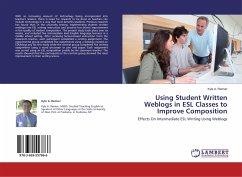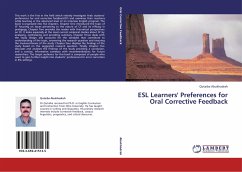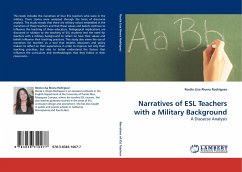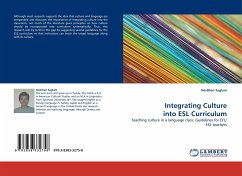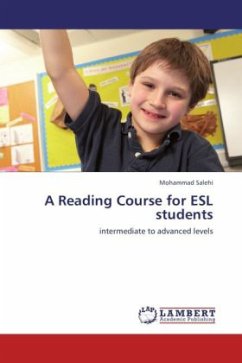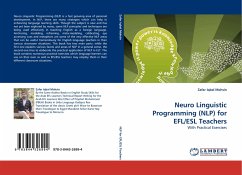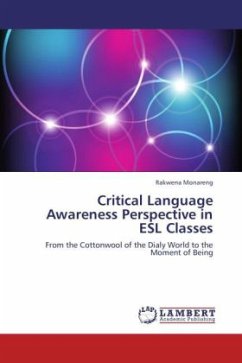Addressing language and social issues, particularly in schools which enroll students from culturally and linguistically diverse backgrounds can be challenging for educators. It can be equally challenging for immigrant students who are trying to be both academically successful and fit in socially at school. This book presents an ethnographic study conducted at a California high school on students perspectives of the lack of social interactions between immigrant Latino and White students. The study identifies factors contributing to boundaries between the two groups, and explores to what extent students attitudes and behaviors were influenced by societal ideologies. The data show that hearing Latino students speak Spanish provoked a range of negative reactions from White students. Interestingly, both White and Latino students equated speaking English with being American, however White students further concluded that Latino students who spoke Spanish were not trying to be American. This study should help educators understand the significance of the social aspects of schooling, and its impact on immigrant students success both in and beyond high school.
Bitte wählen Sie Ihr Anliegen aus.
Rechnungen
Retourenschein anfordern
Bestellstatus
Storno


